About INEC
The Independent National Electoral Commission (INEC) was established by the 1999 Constitution of the Federal Republic of Nigeria to among other things organize elections into various political offices in the country.
The functions of INEC as contained in Section 15, Part 1 of the Third Schedule of the 1999 Constitution (As Amended) and Section 2 of the Electoral Act 2010 (As Amended) include the following:
- Organise, undertake and supervise all elections to the offices of the President and Vice-President, the Governor and Deputy Governor of a State, and to the membership of the Senate, the House of Representatives and the House of Assembly of each state of the federation;
- Register political parties in accordance with the provisions of the constitution and Act of the National Assembly;
- Monitor the organization and operation of the political parties, including their finances; conventions, congresses and party primaries.
- Arrange for the annual examination and auditing of the funds and accounts of political parties, and publish a report on such examination and audit for public information;
- Arrange and conduct the registration of persons qualified to vote and prepare, maintain and revise the register of voters for the purpose of any election under this constitution;
- Monitor political campaigns and provide rules and regulations which shall govern the political parties;
- Conduct voter and civic education;
- Promote knowledge of sound democratic election processes; and
- Conduct any referendum required to be conducted pursuant to the provision of the 1999 Constitution or any other law or Act of the National Assembly.
INEC History
The origin of Electoral bodies in Nigeria can be traced to the period before Independence when the Electoral Commission of Nigeria (ECN) was established to conduct 1959 elections. The Federal Electoral Commission (FEC), established in 1960 conducted the immediate post-independence federal and regional elections of 1964 and 1965 respectively.
The electoral body was however, dissolved after the military coup of 1966. In 1978, a new Federal Electoral Commission (FEDECO) was constituted by the regime of General Olusegun Obasanjo. FEDECO organized the elections of 1979, which ushered in the Second Republic under the leadership of Alhaji Shehu Shagari. It also conducted the general elections of 1983.
In December 1995, the military government of General Sani Abacha, which earlier dissolved NEC in 1993, established the National Electoral Commission of Nigeria (NECON), which also conducted another set of elections; Local Government councils to National Assembly. These elected institutions were however not inaugurated before the sudden death of General Abacha, on June 1998 aborted the process. In 1998 General Abdulsalam Abubakar’s Administration dissolved NECON and established the Independent National Electoral Commission (INEC).
The body organized all transitional elections that ushered in the 4th republic on May 29 1999. It has today repositioned itself to deliver credible elections that would sustain Nigeria’s nascent democracy.
As a permanent body, INEC comprises the workforce recruited since 1987 under the defunct National Electoral Commission (NEC). Its presence has been established in all the 36 states, the Federal Capital Territory as well as in the 774 Local Government Areas of Nigeria.
Leadership
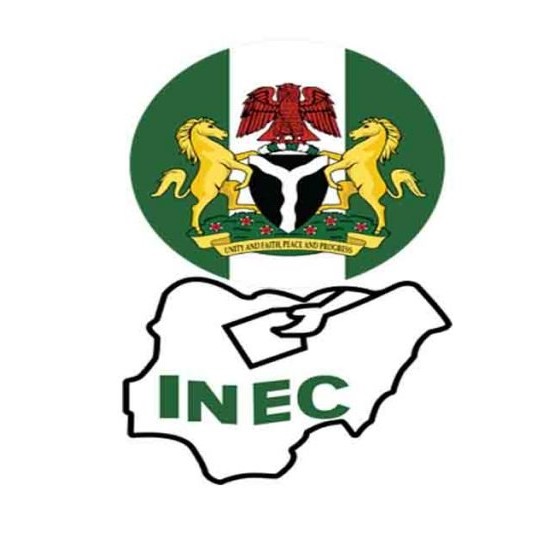
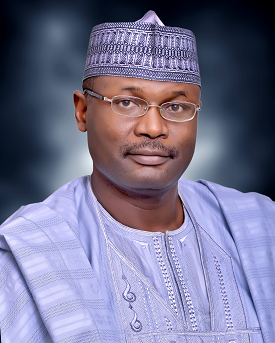
Professor Mahmood Yakubu
Current Chairmen , INEC

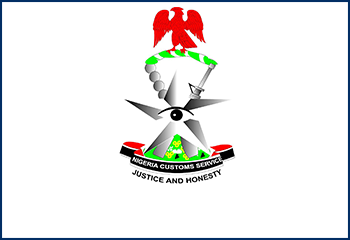
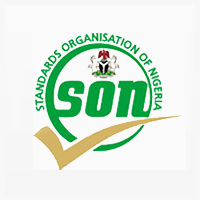


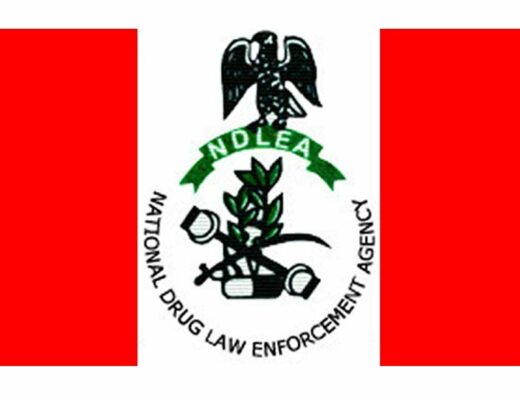
Leave a Reply
You must be logged in to post a comment.